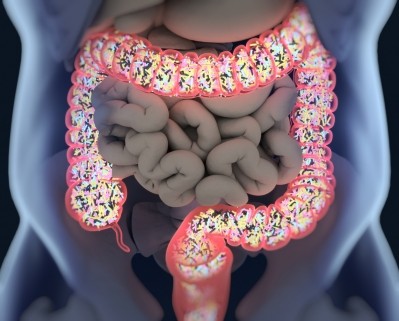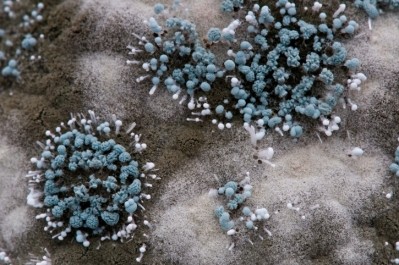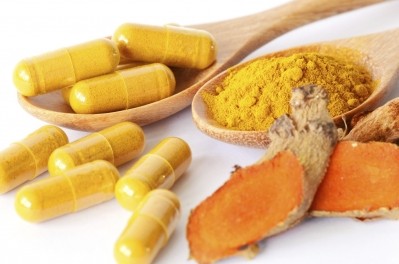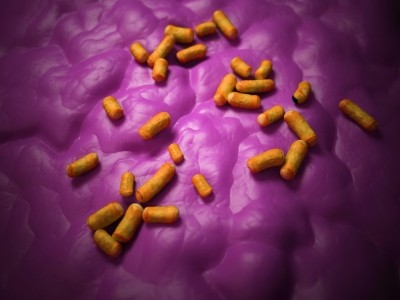Can probiotics help respiratory illnesses in athletes?
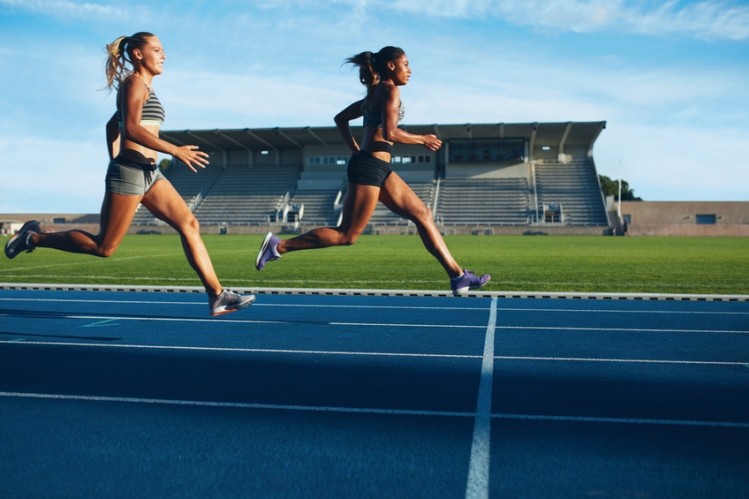
Immunosuppression is a significant physiological adaptation to intense exercise. Sports nutrition has recently focused on whether the gut microbiome can be modified to alleviate this, and other, adverse effects.
Lowered immune function may be accompanied by an increased risk of infections, particularly URTIs.
“Athletes are more prone to URTI because of the physical and psychological stress of exercise combined with imbalanced diet, foreign travel across time zones, disturbed sleep and exposure to environmental extremes,” claimed a recent review.
“Their exposure to pathogens may also be increased because of elevated lung ventilation during exercise, skin abrasions, and exposure to large crowds.” the authors added.
Despite the potential scope for probiotics as a vehicle to promote health and possibly raise performance levels in athletes, the number of human trials in many areas are few.
The review concluded, “Given the small number of studies that have examined the effects of probiotic supplementation in athletes and other highly active individuals, it is somewhat premature to issue definitive clinical and practical guidelines.”
Additionally, most studies have been small and of short duration.
Nevertheless, one area where substantial evidence exists for the use of probiotics is in URTIs. Beneficial effects include lower frequency of infection, shorter duration and reduced severity of symptoms.
Human trial findings
Consumption of probiotic yoghurt containing a mixture of strains, significantly reduced frequency of and duration of symptoms of URTI in female endurance swimmers. The women also improved their maximum oxygen uptake, possibly arising the lower URTI incidence.
The trial used a mixture of Lactobacillus acidophilus spp., Lactobacillus delbrueckii bulgaricus, Bifidobacterium bifidum, and Streptococcus salivarus thermophilus.
Distance runners given the probiotic Lactobacillus fermentum VRI-003 (PCC) for a month showed 50% fewer days with respiratory symptoms and reduced severity of illness compared to controls.
Another trial involving endurance athletes also showed reduced URTI occurrence when supplemented with Lactobacillus casei for four months.
In some studies, improved gastrointestinal (GI) symptoms were seen as well as the effects on URTIs.
A 28-day study of 465 physically active adults observed significantly lower risk of both GI symptoms and URTIs, as did a smaller randomised controlled trial (RCT) of elite rugby players.
Two recent studies have been previously reported by Nutraingredients:
One trial showed that a strain (Lafti L10) of Lactobacillus helveticus reduced the duration and numbers of URTI symptoms in athletes.
The other small RCT, examining URTI incidence in highly trained athletes, found infection rates 2.2 times lower in the probiotic group than placebo. In this trial, the probiotic was a multi-species product (Bifidobacterium bifidum W23, Bifidobacterium lactis W51, Enterococcus faecium W54, Lactobacillus acidophilus W22, Lactobacillus brevis W63, and Lactococcus lactis W58).
A very small number of trials have failed to show any benefits. Nevertheless, the large majority of positive results warrant further research in larger trials; -with the aim of achieving clinical recognition of probiotics for improving the respiratory health of athletes.
Mechanisms
The exact mechanism whereby probiotics act on the immune system and bring about benefits to respiratory tract symptoms is complex and not fully understood. Although some common factors emerge, consistency among findings is limited. This may be partially due to the different endpoints measured by various studies.
However, the maintenance of sufficient interferon-gamma (IFN-ƴ) levels may be important. IFN-ƴ is an important cytokine produced in large amounts by CD4 T-helper cells, and plays an important role in fighting infection.
A trial mentioned previously, which utilised Lactobacillus fermentum VRI-003 (PCC), found a doubling of whole blood IFN- ƴ levels accompanied the URTI symptoms improvements. Elsewhere, a small group of athletes who saw fatigue symptoms improve through ingestion of Lactobacillus acidophilus, also showed restoration of mucosal IFN- ƴ levels to those in healthy athletes.
CD4 cell numbers may be reduced by strenuous exercise. However, Lactobacillus helveticus was found to increase the CD4/ CD8 ratio in athletes, which would be consistent with higher IFN- ƴ production.
Although, IFN-ƴ was not a measured outcome in this human trial, “these findings were corroborated with animal studies: the oral administration on Lafti L10 in mouse elicited increase of IFN-ƴ both from splenocytes and in serum,” wrote the researchers.
Identifying key molecules, such as IFN-y, may help enable future research to design probiotics that target them, thereby improving athletes’ health and performance.
The future
A multitude of different combinations (and proportions) of species and subspecies of bacteria has been used in the numerous human studies conducted to date. This makes it impossible to recommend ‘an optimum probiotic’. Response may also vary in individuals for a number of reasons including baseline microbiota, diet and genotype.
As a generalisation, the vast majority of probiotic interventions have used the species from the two genera Lactobacillus and Bifidobacterium. However, further work is necessary to identify the combination and proportion of species that may be optimal in promoting immune (and other aspects of) health in athletes.
Achieving this will require a much more detailed understanding of the exact mechanisms exerted by the gut microbiota on immune function and how various probiotic species influence these mechanisms.
